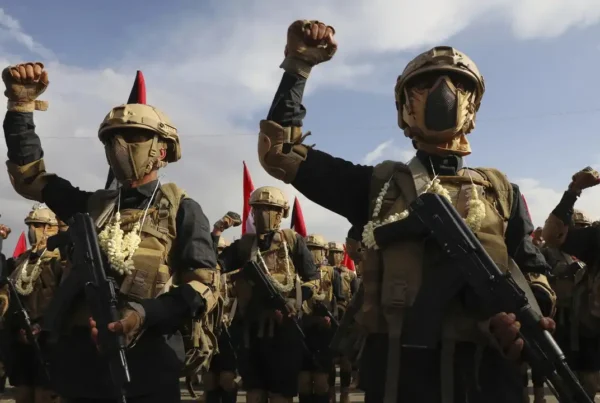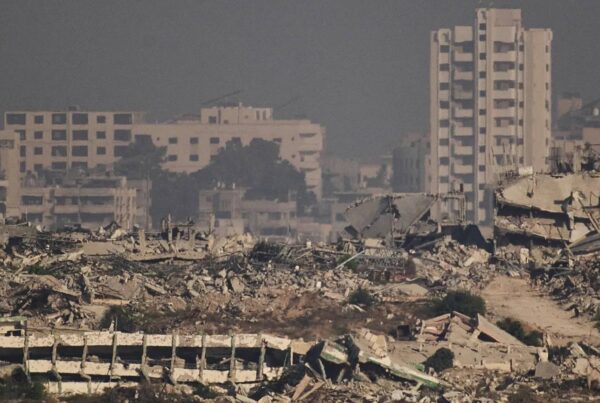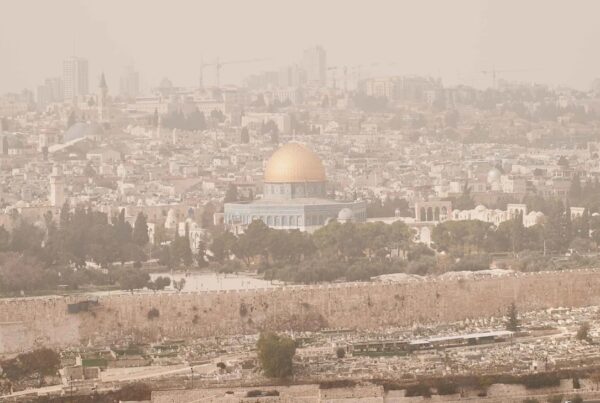Germany starting October 18, 2025. The move comes in response to Tehran’s refusal to grant full access to United Nations nuclear inspectors. European governments argue that Iran’s obstruction of uranium stockpile transparency and restricted facility inspections undermines the nuclear deal that remains at the heart of international debate.
Background of Iran Sanctions Restoration
The decision to restore sanctions was not made abruptly. European countries have long observed Tehran drifting away from its nuclear commitments. Under the 2015 nuclear accord, Iran was required to limit uranium enrichment levels and allow international inspections. However, recent reports indicate that access has become increasingly restricted.
Iran, for its part, argues that such restrictions are a form of protest against ongoing U.S. sanctions. Iranian officials claim the imbalance in deal implementation means they are no longer bound by its terms. This stance has heightened tensions with Western nations.
Demands for Uranium Stock Transparency
Europe is demanding Iran fully disclose the size of its uranium reserves. Transparency is critical, as highly enriched uranium could pave the way toward nuclear weapons development. Without accurate disclosures, risks of nuclear proliferation in the Middle East grow significantly.
International analysts warn that Tehran’s secrecy erodes global trust. Reports from the International Atomic Energy Agency (IAEA) cite undisclosed sites that remain unverified. These findings have given European states a strong basis to restore sanctions.
In addition, policymakers believe diplomatic pressure is needed to steer Iran back to compliance. Restored sanctions are intended as leverage to push Tehran into reopening its facilities for oversight.
Diplomatic Strains Between Europe and Iran
Diplomatic engagement between Tehran and European states has largely stalled. Several rounds of negotiations in Vienna failed to yield concrete outcomes. Meanwhile, Iran has continued to expand its nuclear program, enriching uranium beyond agreed limits.
For Europe, this trajectory poses a grave global security threat. Officials argue that diplomacy cannot function without Iran’s goodwill. Nonetheless, the door to negotiations remains open should Tehran choose to honor its earlier commitments.
Global Impact of Iran Sanctions
Reinstating Iran sanctions will reverberate far beyond its borders. The decision is expected to strain Iran’s economy and disrupt global energy markets. As one of the world’s major oil producers, restricted Iranian exports could shift the balance of supply and demand.
Oil prices are projected to rise, particularly if Iran’s output is constrained. This adds uncertainty to global markets already burdened by the ongoing energy crisis linked to the Russia-Ukraine war.
Energy Market Implications
The global energy market remains highly sensitive to geopolitical shifts. Iran’s reduced exports will tighten supply, fueling volatility. While other producers may step in to offset shortages, uncertainty is likely to keep prices elevated.
For European states, this presents a dilemma. They need reliable energy supplies, yet demand strict nuclear compliance from Tehran. Their decision reflects a balancing act between safeguarding security and maintaining economic stability.
Meanwhile, Asian consumers such as China and India—key buyers of Iranian oil—are expected to explore alternative arrangements. Such efforts could give rise to illicit trade networks, complicating enforcement.
International Responses to Sanctions
The European decision has drawn diverse reactions worldwide. The United States fully backs the move, calling it a strong signal to Tehran. Conversely, Russia and China criticize the measure, warning it will exacerbate tensions.
In the Middle East, some nations welcomed the sanctions, viewing Iran as a destabilizing force. Israel, for instance, reiterated calls for a tough stance. Pro-Iran groups, however, denounced the sanctions as unfair political pressure.
Negotiation Prospects and the Road Ahead
Although Iran sanctions will soon be reinstated, diplomatic options remain on the table. The European Union insists dialogue is possible if Tehran allows UN inspectors unrestricted access. Without such assurances, however, compromise will be elusive.
Analysts suggest the issue will remain a focal point in global politics. Relations between Iran and the West stand at a critical juncture. Should diplomacy collapse, the risk of regional conflict escalation will rise significantly.
The UN’s Role in Nuclear Oversight
The United Nations, through the IAEA, continues to act as the primary overseer of Iran’s nuclear program. The agency stresses that transparency is essential to ensure nuclear activities remain peaceful. Without full access, it cannot certify the program’s safety.
Recent IAEA reports highlight Tehran’s delays in providing data. Inspectors have been denied entry to several facilities, raising further concerns. These findings strengthen Europe’s rationale for restoring sanctions.
European officials argue that rebuilding international trust requires Iran to embrace complete transparency. They frame the sanctions as necessary steps to reestablish accountability.
A Difficult Middle Ground
Finding common ground on Iran’s nuclear issue has proven extremely difficult. Tehran views sanctions as unjust infringements on its sovereignty. Western powers, however, consider Iran’s secrecy a global threat.
Some experts propose phased incentives, where sanctions could be eased step by step in exchange for verifiable compliance. This approach is seen as more pragmatic than waiting for unilateral concessions.
Still, the success of such measures hinges on political will. Without alignment of strategic interests, compromise will remain out of reach.
Europe’s decision to restore Iran sanctions on October 18, 2025, underscores how the nuclear issue remains one of the most pressing challenges in global diplomacy. The move carries implications not only for Middle Eastern stability but also for the world energy market. For more updates on international geopolitics, readers can continue exploring related coverage on Olam News.




